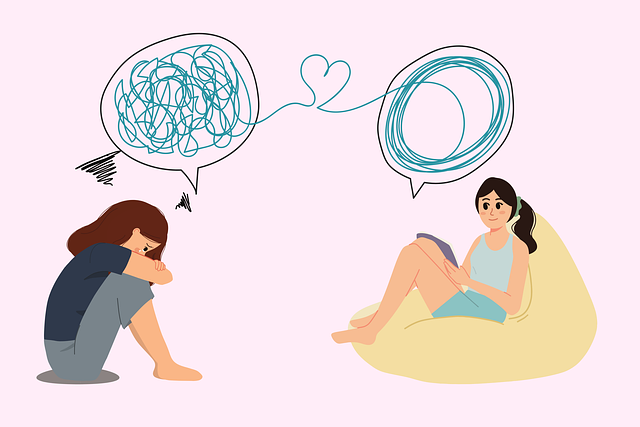by Nathan Chua
I am writing this in the hope that we can soon find ourselves disabused of the ways our current mental health system has set us up to think about who needs help in their journey towards better life skills. This post is going to include a personal account of my learnings in the field and how elated I am to find my reservations affirmed by a group that believes in empowering people rather than casting them as one of those unfortunate ones who need correction.
I remember back in my graduate training days, I was introduced to the Diagnostic and Statistical Manual of Mental Disorders (DSM). The professor appeared very learned and quite self-assured that he knows the manual by memory. I really felt like an idiot compared to how he was able to diagnose a case accurately as one of the exercises that formed part of the lecture that day. In my mind, I thought, this person must be a genius! The text we were using was even entitled as a simplified one and it was already more than 500 pages long! The actual DSM manual is even less reader-friendly with more clinical language. I told myself, I just want to be a helping person, a counselor. Does it really take a photographic memory or an incredibly fast reading speed to become one?
Moreover, as I read through the required textbook, I noticed how each syndrome or diagnosis ends with a segment that indicates a mental health disorder that is not otherwise specified. So besides having to remember each symptom in a list of more or less 10 items, I also have to recognize the ones that cannot be found in the list!
Each diagnosis can be made if a client shows around five of these symptoms and voila! You got yourself a diagnosis! And off you go to your counselor or therapist, or to the local pharmacy to take the medication that will address your symptoms. And as I read through each of the bullet points, I noticed that for almost every set, I could identify with a few of them! I could at any given point in my life, be a person with a narcissistic or borderline personality! I just miss out on one or two and then I can breathe a sigh of relief knowing that I don’t have that disorder!
I told myself, if this is the way I should do therapy then I don’t think it is something I would find enjoyable. What’s worse is that I see clients who have used such diagnoses on hand, and eventually use them as excuses for their behaviors. Furthermore, it is used to cast blame on other people for not making room for their symptoms or weaknesses. In other words, I can only change if others change the way they treat me! And that includes the way my therapist handles me!
In their work in contextual behavioral science, a group of researchers have found this system to be unhelpful or even harmful. The group proposes that what we need is a system that uplifts people and identifies what people do that creates problems in the way they behave in society. Their research has brought to fore the idea that all of us need therapy. The metaphor used here is that of how preventive medicine works. We don’t recommend a healthy diet and adequate exercise only to those who have already shown signs of high blood sugar or high cholesterol in their systems. These practices are for all because there are certain processes that our bodies go through which are universal and can be addressed without having to wait for trouble. The same is true with our mental health. We need a regular diet of therapy or behaviorally flexible skills that we can practice in order to create better lives and relationships.
Sadly, because of these models of disease and symptoms, many come to therapy rather late in the game. People wait until their lives become stuck. I am no exception. I have seen my relationships destroyed and precious time unwisely spent on struggling with mental processes that are otherwise part of being a “normal” human being. It’s time for a change. It’s time for us to pursue this path and see if we can get better results in the lives of many.

